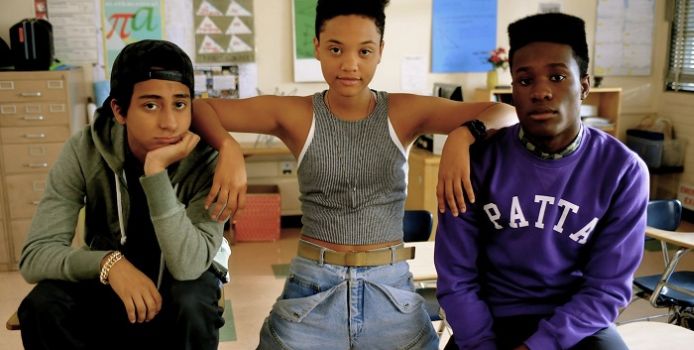Film Reviews
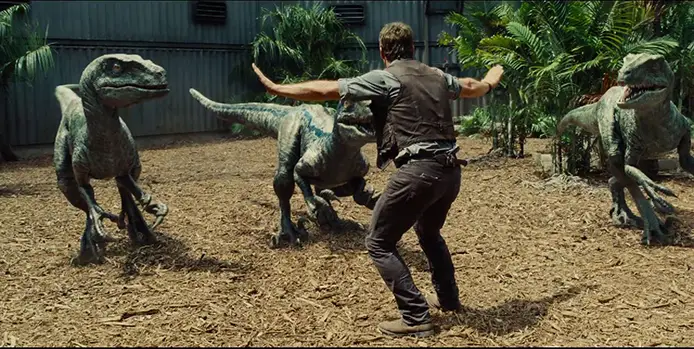
Two decades after the original Jurassic Park became the most successful film of all time at that point and ushered in the era of CGI, the blockbuster cinema landscape is very different. With Marvel Cinematic Universe, franchises six or seven sequels deep, and young-adult dystopias dominating the big releases more and more every year, original screenplays or adaptations of adult-oriented novels are struggling to make an impact – it is inconceivable that Steven Spielberg’s classic could have been released today with anything near the same level of success as in 1993. And so while the original film has a devoted fan base, few would have thought there was that much demand for a new Jurassic Park film, especially after its two increasingly inferior sequels.

Design studio Art & Graft have injected a welcome sense of humour into 1150 Canyon Road, a dark and stylish crime animation. The London-based animation team, led by creative director Mike Moloney, have done a stunning job of throwing together a narrative and several brilliant characters in just two and a half minutes and a single shot. Combining the paranoid, ’80s crime caper themes of L.

The arcade was video games’ greatest legacy. In a simpler time, before gaming consoles became mobile and placed within the home, the arcade was at the heart of the world’s most ultimate video gaming experience. As an impact, the popularity of the arcade video games snowballed into the animated characters that we now see onscreen – among them the likes of Donkey Kong and Pac-Man.
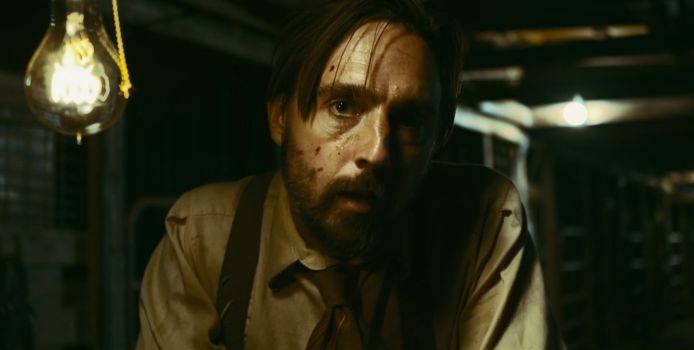
“A Cajun devil hunter goes to the crossroads and meets the devil’s attorney”. The compelling summary of Chasseur had me hooked before I even started watching, let alone the mesmerising central performance from the film’s writer and director, Christopher Soren Kelly. An unconventional structure, perhaps, but a successful one.

Woody Allen’s perennial dialogue of death and futility is upon us, and, as someone who takes comfort in the recurring anguish of Mr. Allen’s films, I couldn’t be happier with his 2015 iteration, Irrational Man. He executes a story equivalent in scope to what has become one of the auteur’s main ambitions these fifty years:

I was having a conversation recently with a friend who complained about how he gets annoyed when he sees child celebrities, as “they’ve already achieved more in life than I ever will and they are younger than me!” As a recent university graduate, without a firm footing into the grown-up world of work, I’m increasingly empathising with this statement, whilst also increasingly acknowledging how ridiculous it is. Why should I be bothered that people who are more talented than me are going places, just because they are younger?
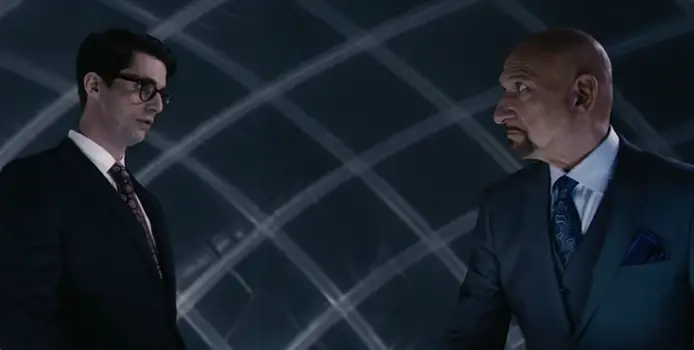
I’ve been toiling over this review for about a week now. A large portion of mainstream film criticism has shifted towards tearing down films, blatantly nit-picking all aspects of a movie and continuously shouting nasty adjectives which seemingly constitutes as a review of a film. I get why it’s so big nowadays, being angry at or disappointed in something will always get a more humorous and memorable responses.
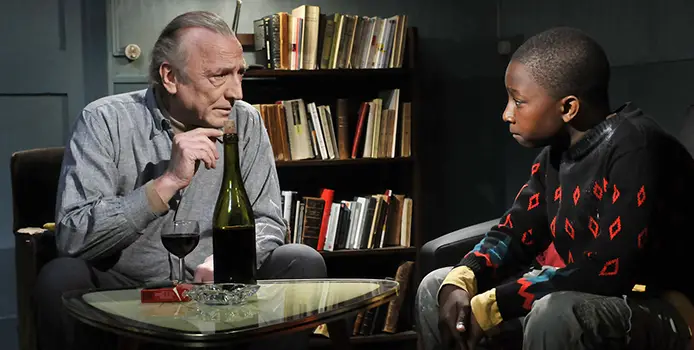
Le Havre (2011) is a still, quiet and dryly hilarious film. It has many of the qualities of a Japanese master like Mizoguchi, but if he had emigrated to a small French port and had been forced to make working class comedies. It focuses on a shoe shiner called Marcel Marx whose wife contracts a seemingly terminal disease.
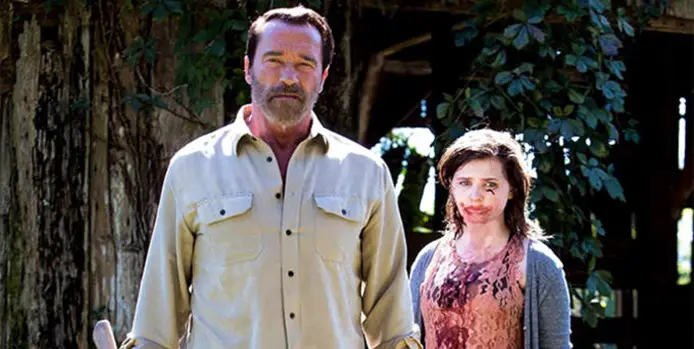
If there is ever a fitting description for Arnold Schwarzenegger’s cinematic persona, then it is this: action film hero. Time and time again, we’ve seen the ex-California Governor’s face adorning several iconic titles, portraying mere mortals (or robots in Terminator’s case) possessing near-superhuman ability, an eye for supersized weapons and a knack for crisp one-liners.

Before it had even stepped into the ring, Southpaw was dead on arrival. After all, although boxing isn’t the sport that has generated the most movies, it is the sport that has generated the most beloved cinematic classics – from Rocky and Raging Bull to the more recent likes of Million Dollar Baby and The Fighter. At the screening I attended, I was far more likely to greet it as an unwelcome entry to the boxing movie pantheon, due to the fact that the last trailer before the movie started was for Creed, the new Rocky spin-off that benefits from having Sylvester Stallone yet again reprising his most iconic role.
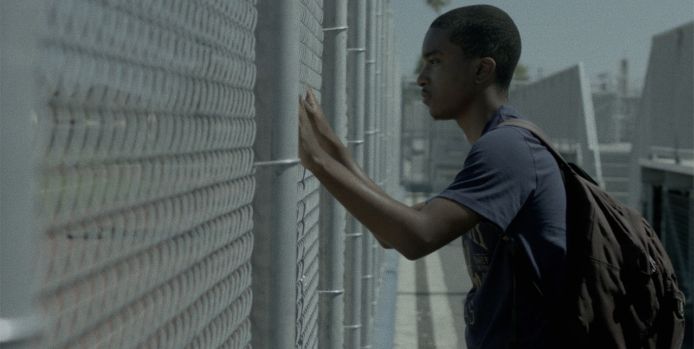
Terrance is a documentary short made by Joris Debeij and forms part of a series of films (I Am Los Angeles) that focus on the stories of people who live in Los Angeles. Terrance documents the life of the young black teenager, Terrance Thompson, his losses, and his resulting depression. All things going to plan, Terrance Thompson will have graduated high school by the time you read this review.

Asif Kapadia isn’t the documentary filmmaker of our times, but he is one of the most timely. In the digital age where all information is online, he manages to make movies comprised almost entirely of footage that can be found on YouTube and somehow turn them into major events in documentary cinema. Since his (ever so slightly overrated) 2011 effort Senna, his style as a documentarian has stubbornly refused to change, yet the way he manipulates archive footage to create something new and horrifying is unparalleled, even if it frequently favours emotional manipulation over creating a deeper look at the self-destructive life of subject Amy Winehouse.




